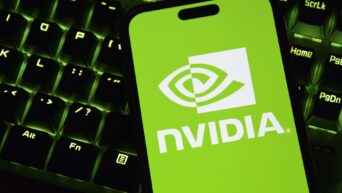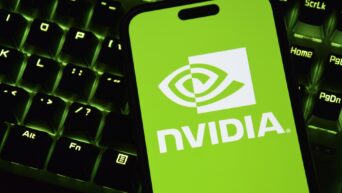Gaming computers or gaming rigs as they are also called, are tailor-made, almost bespoke computers or are specially assembled personal computers that are set up specifically to provide the computational power required for most video games. Expensive and powerful CPUs and the addition of high-end video cards along with other components such as extra fans for cooling make a gaming PC quite different than the computer needed by the average home user who doesn’t play video games.
A gamer’s rig is usually custom built due to the high storage and memory demands of games and the personal preferences of the gamer. The gamer will sometimes build his or her own computer at home or will contact a company that mostly deals with gaming PC assembly. Some general computer retail companies have “boutique” gaming PCs to attract these high-end customers; the PCs require no additional adjustments and are, most of the time, ready and set to go straight out of the box.
There is an erroneous idea floating around that gaming PCs are roughly the same as the extremely expensive computer set-ups required by serious, professional enthusiasts who run programs such as Monte Carlo simulations. Gaming PCs are of course more expensive than the basic systems required by the average student, the average home user, or the average businessperson; however, most suppliers of gaming products and components provide equipment in a vast range, from very low-end to very high-end; a gaming PC will not necessarily be the same price as something very sophisticated required by science teams conducting experiments. Self-built or home-built gaming computers built by gamers with some computer assembly experience are going to be of higher quality and cheaper than most ready-to-play get-ups on offer by some manufacturers. The savings come from the fact that they provide their own labour. The cost reduction can be very significant and the gamer may use the savings to reinvest in more equipment.
Whether a gaming PC is bought pre-made or is constructed at home, there are some recommended system requirements which must be met in order for everything to run smoothly. These requirements are:
- A 2.0 GHz processor for older games, but a quad-core processor like the Intel Core i5/i7 or the six-core AMD Phenom II X6 will “future proof” the gaming PC
- At least 4GB of RAM, with 8 GB being preferable
- A 500 GB hard drive
- Solid-state drives instead of SATA drives to load games much faster
- A high-end graphics processor (GPU) such as the ATI Radeon HD 6670 or Nvidia GeForce GT 560 Ti
Another important thing that a gaming enthusiast should invest in after ensuring that his or her pc meets the recommended requirements to play the most system-demanding games is a proper monitor of a good size. Nothing ruins a great gaming experience faster than a screen on which all the amazing graphics cannot be enjoyed! A screen size of at least 17” is recommended so that the user can feel he or she is truly immersed in the gaming experience.
































